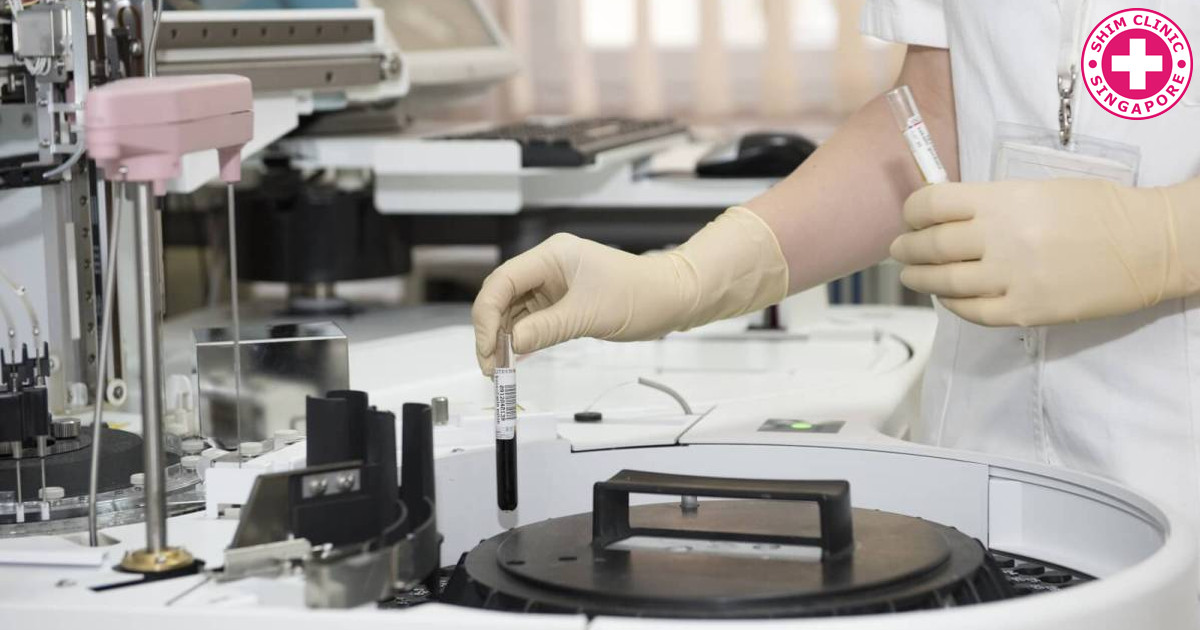Sexually transmitted diseases (STD’s) are a fact of life for many people worldwide. They are largely stigmatized, and most people try and keep their history of STD’s to themselves. Nearly every sexually transmitted infection requires the intervention of a medical professional, and a course of some kind of medication. Asking for help can be embarrassing for some, and there are times when patients will avoid telling anyone until it gets so bad that they can no longer ignore it.
These people run the risk of doing permanent damage to their bodies. Some STD’s will continue to progress until they pose serious health risks, and some can even lead to infertility. If people are particularly afraid to speak to a family doctor, there are some clinics that can offer medical attention and basic antibiotics. The one thing that people should never do is to simply ignore the problem, and hope it goes away on its own.
In all reality, most STD’s can now be cured with a fairly easy process. A single doctor’s visit can sometimes save you months of pain and discomfort. These diseases can also interfere with your life. You may shy away from sexual activity, or fear judgement from potential partners. Don’t hesitate to seek help from a STD clinic. If you’re nervous- consider some of the consequences below:
Pelvic Inflammatory Disease
This is a disease that effects women who have experienced untreated bacterial STD’s. It can begin without symptoms, and get very bad very quickly. Symptoms include pain in the lower belly, abnormal or foul smelling discharge, general feeling of malaise, bleeding between menstrual cycles, and difficulty with urination. In some cases, PID can also cause a high fever, vomiting, severe pain, and even a loss of consciousness. If caught early, it can generally be treated with an extended round of antibiotics. There are some cases that require actual hospitalization with a steady stream of IV antibiotics.
Permanent Brain Damage
This is just as frightening as it sounds. Syphilis is one of the most dangerous STD’s there is due to the wide range of permanent damage it can do. It must be treated immediately to ensure a full recovery. Shortly after contracting syphilis symptoms such as open sores, hair and weight loss, fever, fatigue, swollen glands, and even a widespread rash can occur. It is incredibly important to discuss this with a doctor and to start treatment immediately. After a few weeks, these symptoms may seem to subside. The bacteria are still very much present and at work within your body. This phase is extremely dangerous, and can last years before more serious symptoms begin to present themselves. The last stage of syphilis is referred to as the tertiary stage. At this point the bacteria will have infected internal organs. Cardiovascular syphilis is an infection of the heart. It can do permanent damage to blood vessels and the actual heart muscle itself. Even with antibiotics, this damage is irreversible. Neurosyphilis is the term used when the bacteria have infected the brain and nervous system. This can do serious damage to everything from vision to motor skills, and can eventually lead to death if left untreated.
Cancer and Infertility
Human Papilloma Virus (HPV) is the most common STD there is. Most strains will resolve themselves with time, but others can lead to the development of cervical cancer. This is treatable when caught early, but can cause serious complications when neglected.
Almost all STD’s have the potential to do serious damage to your reproductive organs. This can result in permanent infertility, and an inability to carry a pregnancy to term. Some STD’s will remain latent, but can be passed on to future children. Regardless of the trepidation, get checked regularly.

